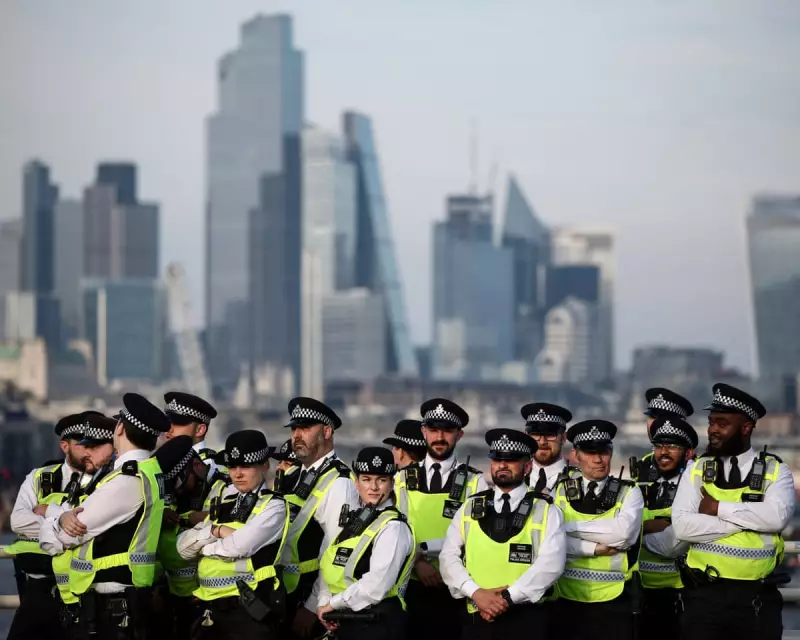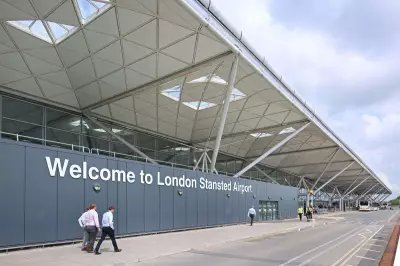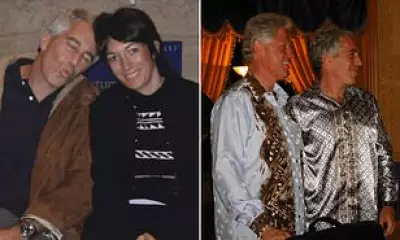
A blistering new report has delivered a stark wake-up call to Scotland Yard, slamming its inconsistent and fear-driven approach to policing so-called 'culture war' incidents. The review, led by legal experts, found the force's actions have dangerously undermined public confidence and the fundamental right to free speech.
A Force Paralyzed by Fear and Inconsistency
The analysis reveals a police service often more concerned with managing perceived reputational risk than upholding the law impartially. This has resulted in a confused and contradictory approach, where the response to a protest or event depends more on its political sensitivity than on a clear legal framework.
Officers on the ground have been left without clear guidance, leading to a postcode lottery in how fundamental rights are protected across London. The report highlights that this inconsistency has eroded trust from all sides of the political spectrum.
Chilling Effect on Free Speech
One of the most damning conclusions is the "chilling effect" the Met's strategy has had on free expression. The review found that individuals and organisations are now self-censoring, fearful that robust debate or protest might be misinterpreted as a hate incident or lead to police intervention.
This overcautious and often pre-emptive stance, the report argues, has effectively allowed the loudest or most easily offended voices to dictate policing priorities, rather than a objective application of the law.
Key Recommendations for Overhaul
The report urges immediate and decisive action from Met Commissioner Sir Mark Rowley. Its core recommendations include:
- Re-establishing Neutrality: A return to fundamental policing principles, focusing on law enforcement rather than being drawn into social or political debates.
- Clarity and Training: Providing officers with crystal-clear, law-based guidance and training to handle complex protests and speech issues with confidence and consistency.
- Rebuilding Trust: Acknowledging past mistakes and publicly recommitting to the impartial application of the law to restore credibility with the public.
A Crossroads for the Met
This review serves as a critical juncture for Britain's largest police force. It presents Commissioner Rowley with a clear mandate for reform—to steer the Met away from the turbulent waters of political activism and back to its core mission: policing without fear or favour.
The findings suggest that without a fundamental reset, the Met risks becoming irreparably damaged as an institution, losing its legitimacy in the eyes of the citizens it is meant to serve and protect.





